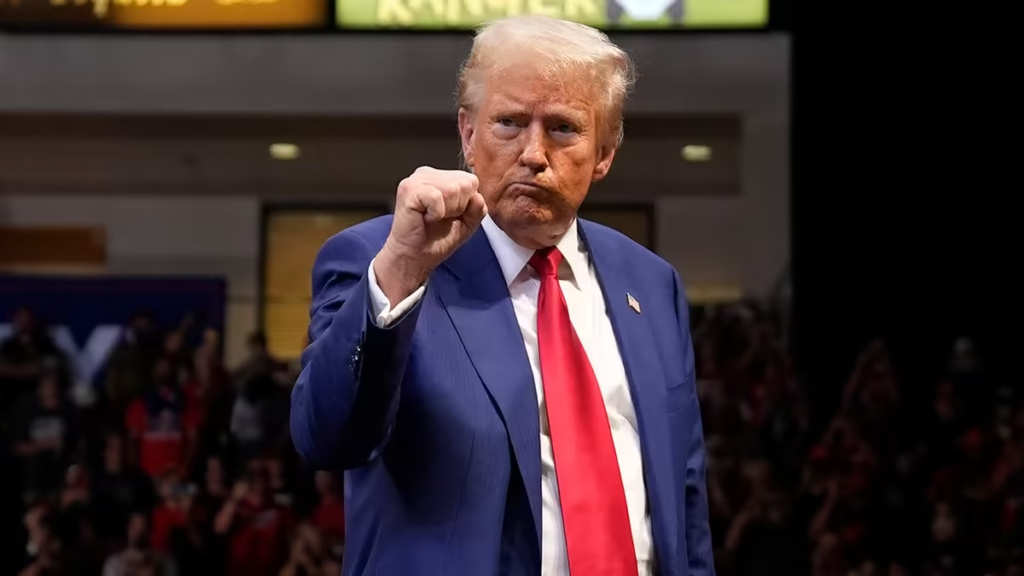Trump’s Tariff Strategy to Boost Domestic Copper Production
President Trump has announced significant tariffs on imported copper following an extensive investigation by the Department of Commerce under Section 232 of the Trade Expansion Act. These tariffs aim to restore the U.S. copper industry, which is crucial for both economic and national security. Copper is essential for technological advancements and defense systems, making it as vital as oil and semiconductors in today’s economy.
The Strategic Importance of Copper
Copper plays a critical role in various sectors, including military systems, telecommunications, and advanced manufacturing. Despite its importance, the U.S. copper industry has been weakened by unfair foreign trade practices such as state-subsidized overcapacity and dumping by countries like China, Vietnam, and India. These practices have led to depressed global prices and discouraged domestic investment in smelting and refining facilities.
Addressing Dependence on Foreign Imports
The U.S. has become increasingly reliant on imported copper, with refining capacity declining by 56 percent since the late 1990s. This dependence is highlighted by a trade deficit in copper-intensive products, which surged from $4.8 billion in 2010 to $19.4 billion in 2024. To counter this, President Trump has imposed a 50 percent tariff on imported semi-finished copper products and a phased tariff on refined copper imports starting at 15 percent in 2027.
Revitalizing Domestic Copper Capabilities
These tariffs are designed to provide breathing room for U.S. companies to enhance domestic refining and processing capabilities. The goal is to attract investment, create jobs, and secure supply chains for critical materials like copper. The United States possesses abundant copper reserves, sufficient to meet domestic demand for approximately 40 years.
Economic Nationalism for Security
Revitalizing the U.S. copper industry will not only boost local economies but also strengthen national security by reducing reliance on foreign producers. The COVID-19 pandemic highlighted the risks of depending on foreign supply chains, emphasizing the need for domestic production of strategic materials like copper.
A Bold Step Towards Economic Independence
By invoking Section 232, President Trump is taking decisive action to protect American industries and ensure national security. These tariffs are expected to reduce the trade deficit and safeguard the economy against future supply interruptions during geopolitical tensions or global crises.
